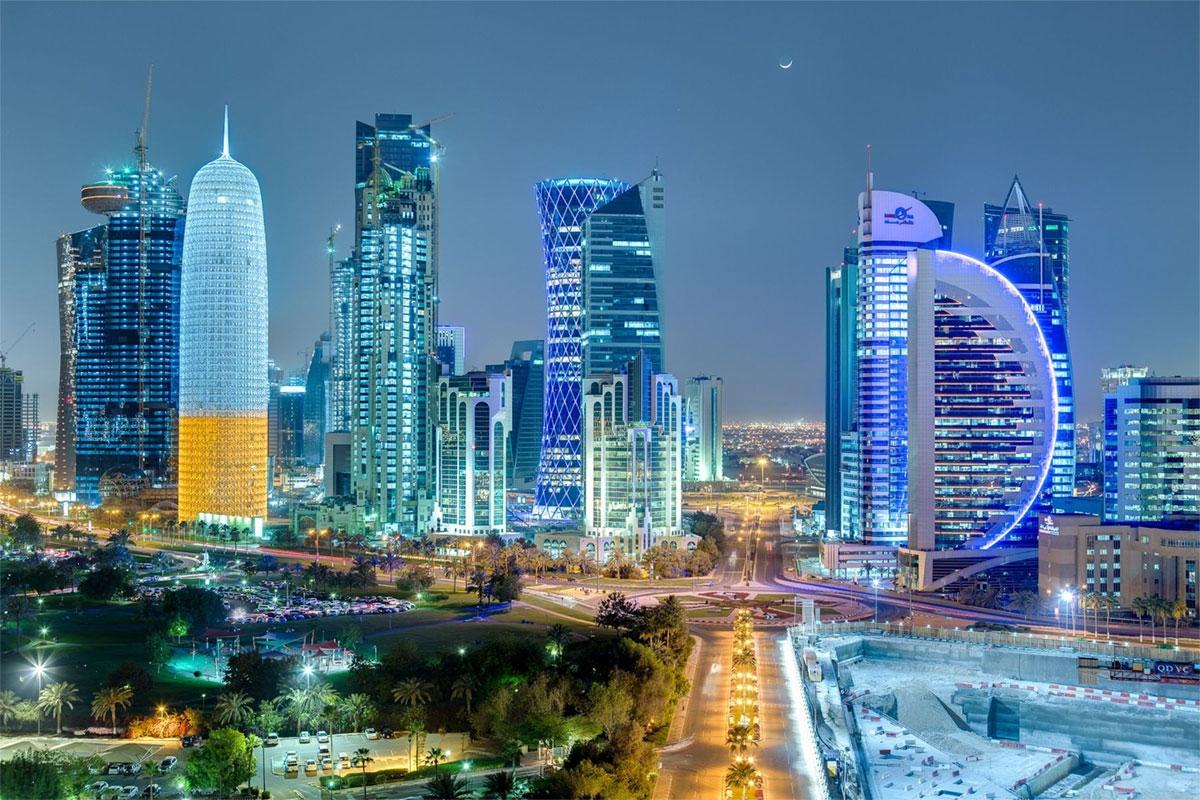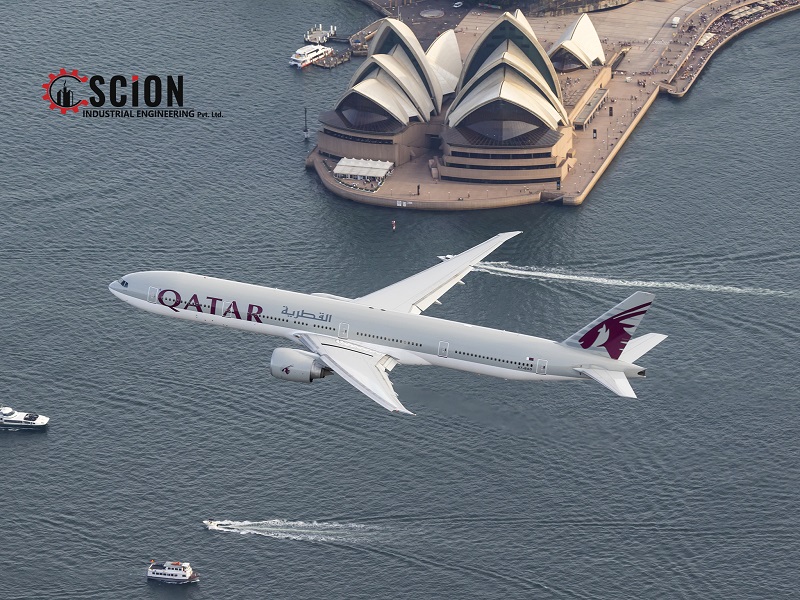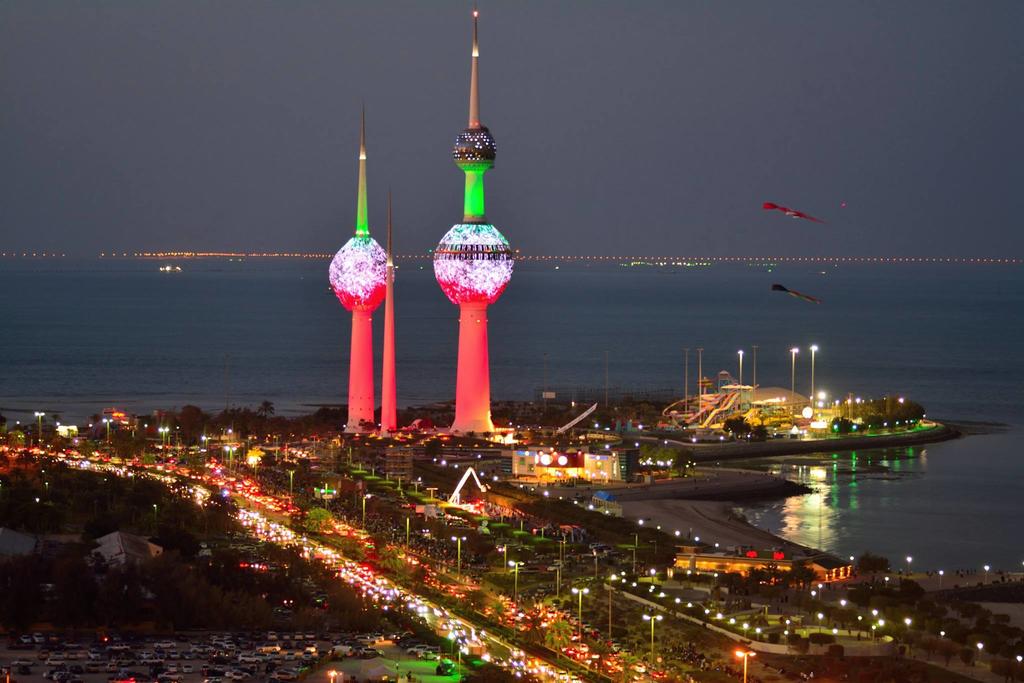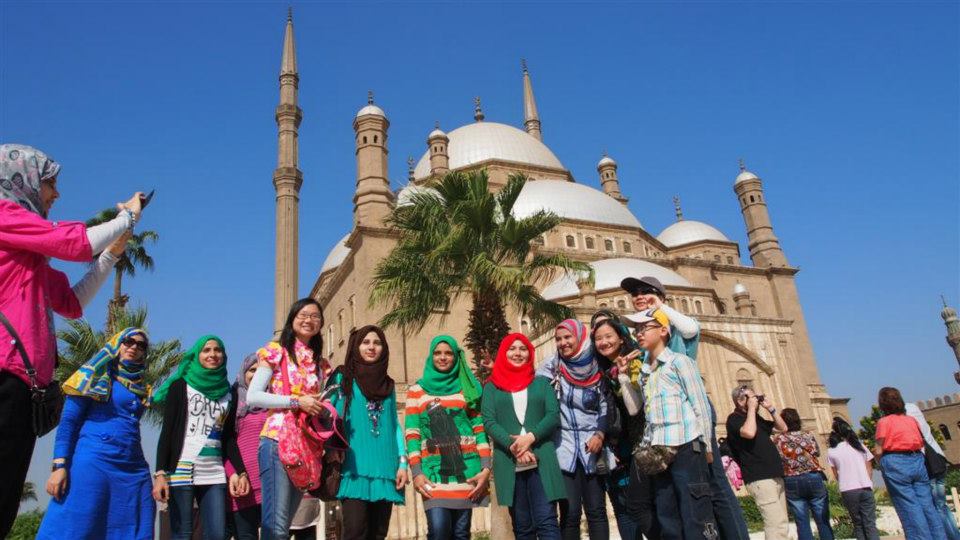Kuwait Finance House (KFH) has implemented robotic process automation systems to support customer loan applications.
The robotic process automation bot, named Baitak Assistant, will handle customer loan applications and will autonomously create credit reports for applicants.
KFH says it is the first fully automated workflow for retail credit in the region. The robotic process automation has been created by specialist Blue Prism, based on Microsoft technologies.
“Automation of our retail credit application creation and review process is a natural extension of our ongoing journey to introduce new, digitally driven efficiencies for customers and employees,” said Waleed Mandini, Group Chief Retail, Kuwait Finance House.
“Microsoft has been an invaluable partner and mentor for us throughout this journey, aiding our technology team in the development of the Baitak Assistant and enabling us to empower our service teams to deliver enhanced customer experiences. Automation allows us to reduce waiting times for credit-application creation, and streamline the approval process.”
Reduce workload
The Baitak Assistant bot will calculate the customer’s eligibility status, accounting for current KFH policy and national regulations, and issue a credit-eligibility report. It will forward all relevant material to the Relationship Manager.
The technology will reduce workload for staff members, freeing up time for more sales-generating activity. The bot will also represent a significant cost reduction, stemming from error reduction and increases in compliance.
“Kuwait Finance House has become a digital-transformation pioneer in the regional FSI sector, working tirelessly to engage customers, empower employees, optimise operations and reinvent products and services,” said Charles Nahas, Country Manager, Microsoft Kuwait.
“Improvement of the company’s internal processes and customer experience through digitisation has become part of KFH’s DNA. By ensuring that customers need to spend less time in branches when applying for housing or consumer financing, KFH provide higher customer satisfaction and more efficient services.”
Source;https://www.arabianbusiness.com/banking-finance/414530-kuwait-finance-house-using-robotic-assistant-for-loan-applications









